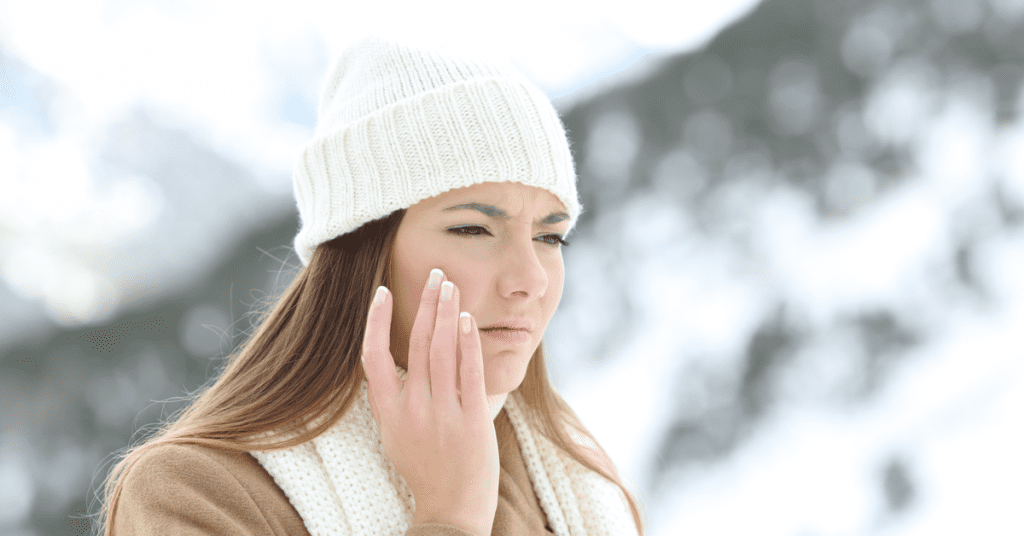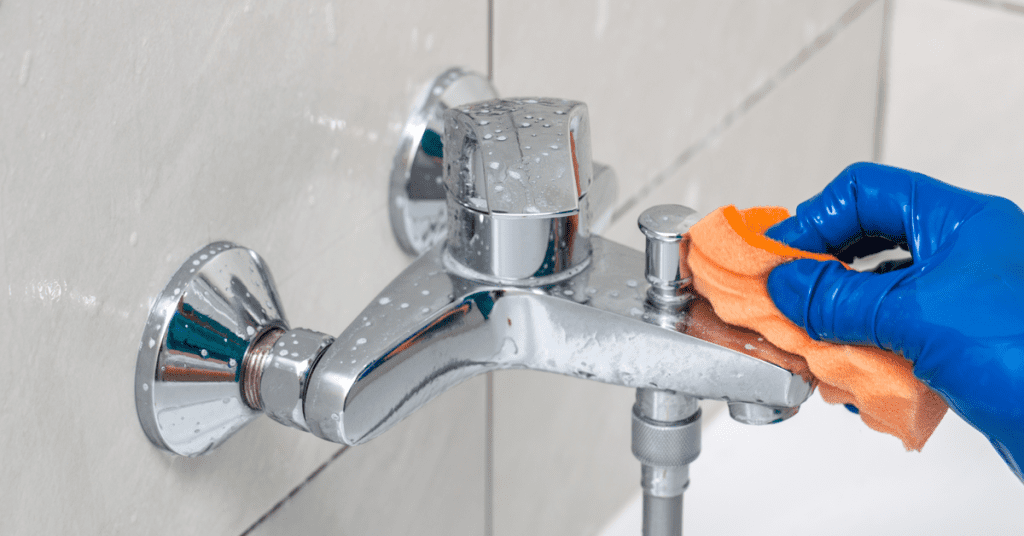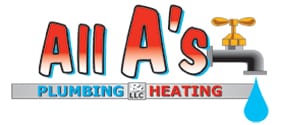Do You Have Hard Water?
If you have hard water, do you realize it could be costing you hundreds of dollars a year? According to the U.S. Geological Survey, 85% of American households have hard water.
Did you know that hard water wears out your appliances faster than soft water, and It can also potentially cause serious plumbing problems? Also, homeowners with hard water tend to use more cleaning products. The good news is, there are steps you can take to reduce the impact of hard water in your household and your budget.
Below are ten signs you may have hard water and what you can do to fix it. First, let us explain what hard water is.
What is Hard Water?
Hard water is water that is high in minerals, usually calcium and magnesium. It could also include iron, aluminum, and manganese.
The higher percentage of minerals found in your water supply, the harder the water and the more significant the impact on your household.
10 Signs You May Have Hard Water
So, how do you tell if you have hard water, and what do you do about it? Here are the most common signs:
1. Tap Water Tastes Funny
This can often be the first sign that something is not quite right with your water.
The high mineral content in the water can make it smell and taste unpleasant. If there is a high level of iron, possibly caused by rusty metal pipes, it may even taste metallic.
If your water smells like rotten eggs, that may indicate bacteria are reacting with magnesium in the water.
2. You Don’t Feel Clean After a Shower
Does it feel like you can’t wash the soap from your skin when showering? Is it hard to work up a good lather? This is often the second thing people notice when they have hard water.
The minerals in hard water react with soaps and detergents, which means they aren’t as effective, and they are hard to wash off.
3. Skin is Dry and Itchy

Because hard water doesn’t wash all the soap off your skin, the soap residue can cause your skin to become dry and itchy.
Research from the University in Sheffield, published in the Journal of Investigative Dermatology, found that hard water can make eczema worse and even lead to the development of eczema.
4. Spots on Clean Dishes
Not only does hard water affect your showering experience, but it also prevents detergent from washing off your dishes, glasses, and flatware. If you have white, chalky streaks or spots, it could be a sign of hard water.
5. Laundry is Stiff and Scratchy
Just as soap doesn’t wash off your skin or dishes properly, it can build-up on your laundry as well, causing your washing to become stiff and scratchy.
It also means the dirt isn’t washing off properly either, making your clothes look stained and dingy. White clothes can look dull and yellow. Colored garments can come out of the wash with chalky streaks.
Very hard water can even cause the fabric fibers to break, leaving holes in your clothes.
6. Soap Scum On Shower Walls and Glass
If the filmy white residue is quick to build-up on your shower screen, even when you clean regularly, it’s another sign of hard water.
7. Brown Stains on Porcelain Bathroom Bowls
If you have brown, rusty stains on your toilet or basin, it could be caused by the high iron content in hard water. The iron could also be coming from rusty pipes.
8. Mineral Build-Up On Fixtures and Faucets

Are your showerheads or faucets caked in white residue? This may be caused by the minerals in hard water.
Not only is this build-up unsightly, but it can also clog up your shower head, restricting water flow and affecting water pressure.
9. Low Water Pressure

Hard water can cause significant plumbing issues in houses with older steel pipes. Like cholesterol clogging up arteries, the minerals in hard water can build up in pipes causing them to clog. This can reduce water pressure and may eventually lead to major plumbing issues.
10. Appliances Wear Out Quickly
The mineral build-up in appliances caused by hard water can corrode metal pipes and wear rubber seals, reducing the lifespan of appliances. The American Water Works Association says that hard water can cause a washing machine to wear out 30% faster than usual.
But it’s not just your washing machine that can be affected by hard water. Dishwashers, fridges with ice makers, garbage disposal units, and hot water heaters are all vulnerable.
Hard water can cause build-up on the element on your hot water heater, making it less efficient and wearing it out up to 40% faster, according to a study done by the U.S. Department of Energy.
What do you do if you have hard water?
Hard water is treatable. A licensed plumber can diagnose hard water and install a water softener in your home to counteract the effects of hard water.
If you are experiencing the above symptoms and suspect you have hard water, contact All A’s Plumbing to explore water softening solutions for your home.


Recent Comments